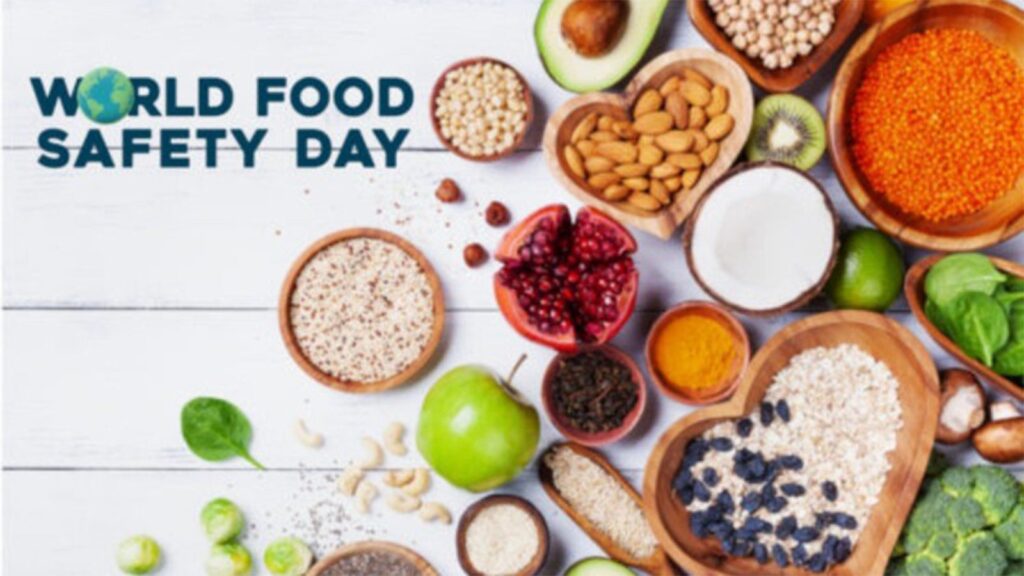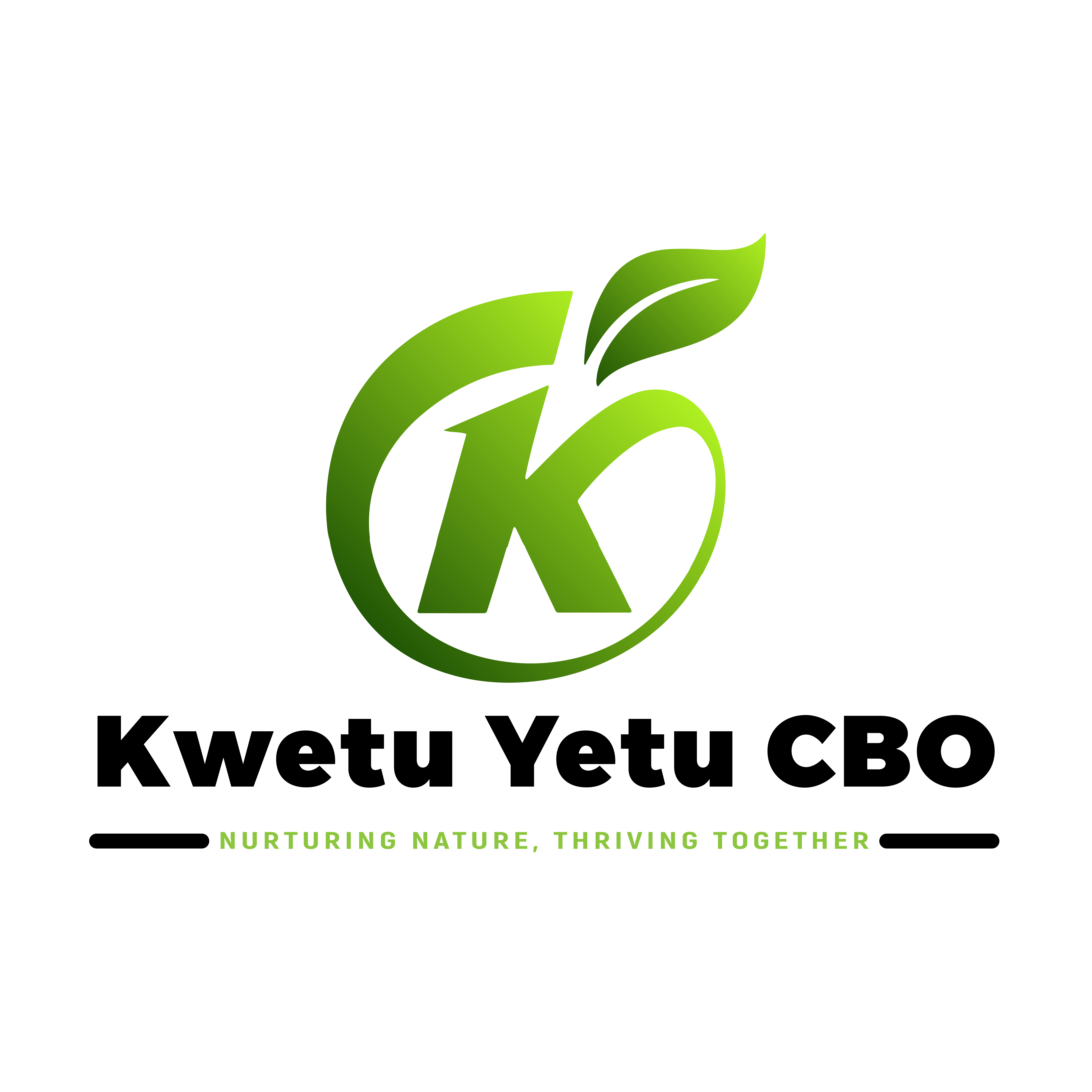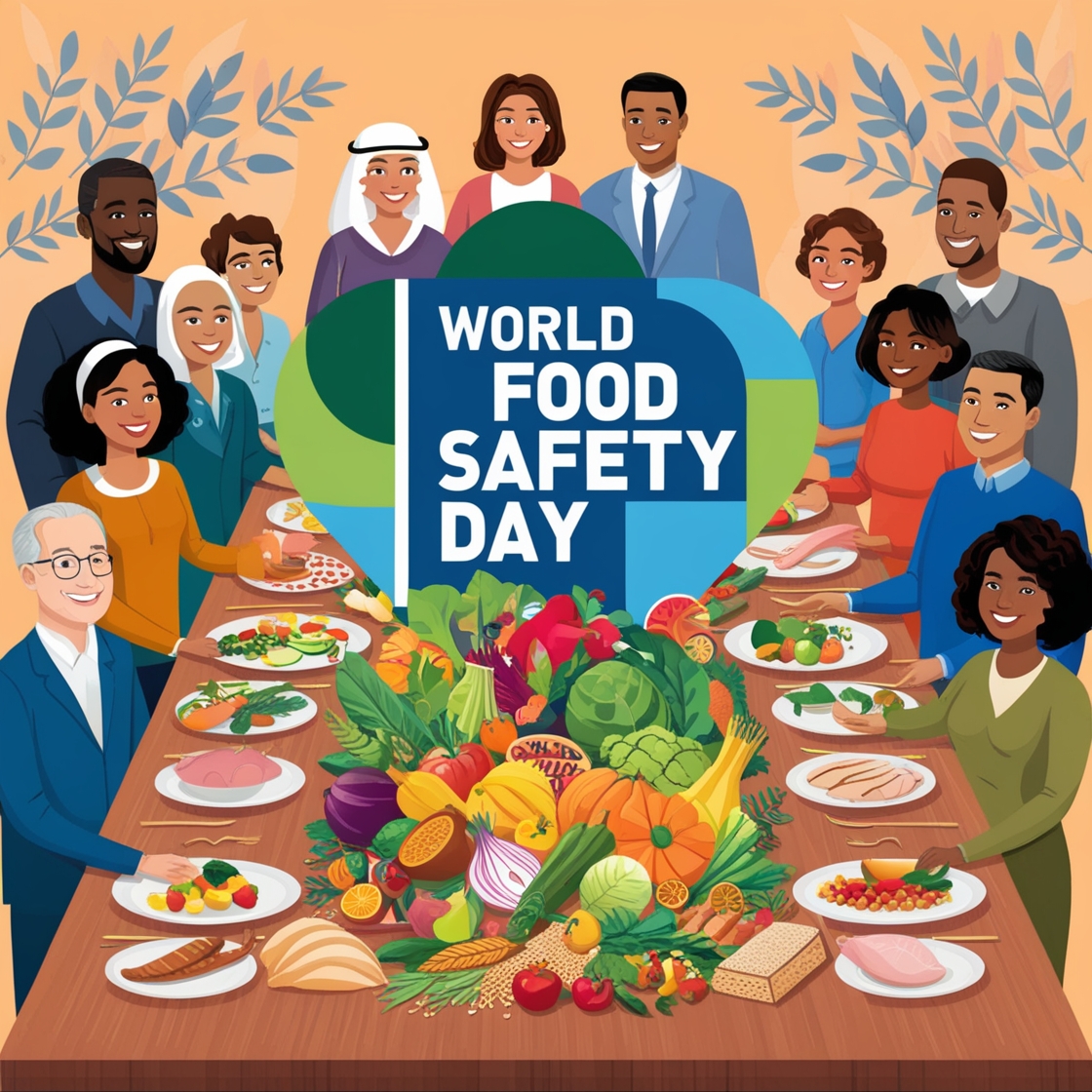Food security is a serious concern all over the world, and mostly in sub-Saharan Africa.
This has worsened over time due to climate change, which has led to a lot of other factors that make the situation worse.
They include erratic rainfall and reduced quantities, long duration of drought, increased pests and diseases, changes in temperature, especially on the higher side, and some areas that were never known to snow have had frost covering the ground, destroying crops.
Pest and plant diseases are on the rise, which necessitates the use of strong pesticides, leading to resistance and harm to the environment. Aflatoxins that results from certain type of moulds have worsened the food security and human health situation. The moulds grow on the food crops during harvest and post-harvest during storage. The attack is mainly on cereals like maize, rice, wheat,t that act as staple food for many communities, as well as nuts like groundnuts and other oil-producing crops.
The main groups of aflatoxins threatening human health and food security are G1, G2, B1 and B2, amongst others. They increase the chances of liver cancer, liver failure, immunosuppression and stunted growth in children. (Jolly et al, 2006). The most surprising thing about this silent killer is that it is not easily recognised with the naked eye and it continues to exist in the food chain when contaminated animal feed is fed to animals that are used af food or produce food products eaten by human being,s such as eggs, meat and even milk.

Article by Julia Wahome

